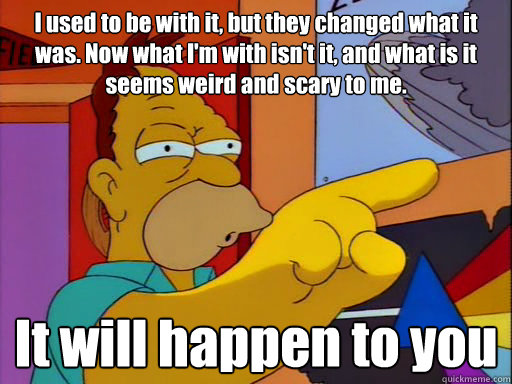It’s Thursday! That means it’s time for me to answer your burning questions about all things writing.
Q: What do you wish you knew about querying, when you were starting to send queries out?
A: I’ve been avoiding answer this question, not because it isn’t a good question, but because I’ve honestly had a difficult time remembering what it was like to query. Publishing changes quickly, and I’ve been a full-time writer for over ten years now. Back in my day, a query was a query letter, detailed synopsis (up to ten pages) and the first three chapters of a book. Now, a query is a letter or a tweet during #PitMad and I can’t keep up.
But now that I’ve had months to obsess over how obsolete I am, I’ve realized that the things I wish I’d known about querying then and what people probably need to know about querying now are probably the same. None of what I desperately needed to know was about the technical process of querying. That stuff was easy to find out. What I needed back then was something to prepare me for the responses I received.
- You probably won’t receive feedback in your rejection letter. I was used to entering contests and when I didn’t win, getting those sheets back from the judges with an explanation of what did or didn’t work. The first time I was rejected by an agent, I got a form letter and I was utterly perplexed. How did they expect me to get better if they didn’t give me feedback? Well, the answer is, they didn’t care if I got better or not, and they’re not there to teach writers how to write.
- If you do get feedback, it might not be the kind you’re looking for. I will never forget that first rejection I received from a publisher. Because I still have it, for one thing, but because of how shocking it was to see an editor say that they didn’t buy your book because the heroine was “stupid.” Looking back on that draft of the novel, the heroine definitely made stupid choices, but maybe it wasn’t the best thing to include in a rejection letter. Sometimes, no feedback is better than finding out what an editor really thought of your book.
- You need to have your shit together before you query. Nowadays, publishers and agents usually want to see the entire book before they buy it or try to sell it. But back in the days of ye old three chapter queries, I once queried a book that was only 1/3 of the way done, banking on the long response time to finish it in case the full was requested.
They got back to me within a week.
Now, for some generic query advice: don’t query a publisher or agent who doesn’t publish or represent your genre. Don’t bad mouth editors/agents/publishers for rejecting you. Don’t name drop other authors in your query letter (yes, someone actually did this when pitching to my agent at a conference once upon a time. I didn’t know this person very well at all, and they claimed to be my critique partner). Don’t fill up your query letter with a bunch of unnecessary stuff, like how you were a track all-star in high school (unless your book is a memoir or a YA about being a track all-star in high school). And don’t email editors/agents every day looking for a response.
Q: How can you tell that a book idea is just not working? Where is the line between taking a break and abandoning a project?
A: For me, that line is when I can walk away. Most of the stuff I write these days is a continuation of a series, so I already know the characters/world works for me. But in the past, I’ve had these grand ideas I’ve been swept away by, only to fizzle out when I start writing. If I can walk away from them and not want to return to them, not because I’m frustrated with writing or I’m block or something, but because I legitimately am not interested in how the story is turning out or spending time with the characters, that’s a sign it’s not worth salvaging.
Bonus Question: Do you have any pointers for writing recaps? I find them so fun to read and want to start a series on my own blog.
A: Do something you’re going to enjoy doing because you’ll probably be doing it for a while. Don’t try to be funny, just write stuff that makes you laugh. And if it gets boring or disheartening, don’t do it anymore (like I had to do with Grey). It’s supposed to be fun, not torture.
Wanna see your questions get answered (or just wanna air a grievance?) Put it in the box!

Great answers! I’m really enjoying this series, Jenny. Thanks for sharing your experiences with us!
The “when you give up” question especially stick it to me, as someone who has been plugging away at The Novel for a zillion years. Once I literally didn’t look at it for two years, but the characters started calling me again…and back I went! It’s changed a lot and it’s nowhere near done, but I don’t want to walk away. So, Asker, chiming in to agree that when it seems like a chore or a bore, leave it be… And if it calls back out to you later, that’s your answer! Hahaha.